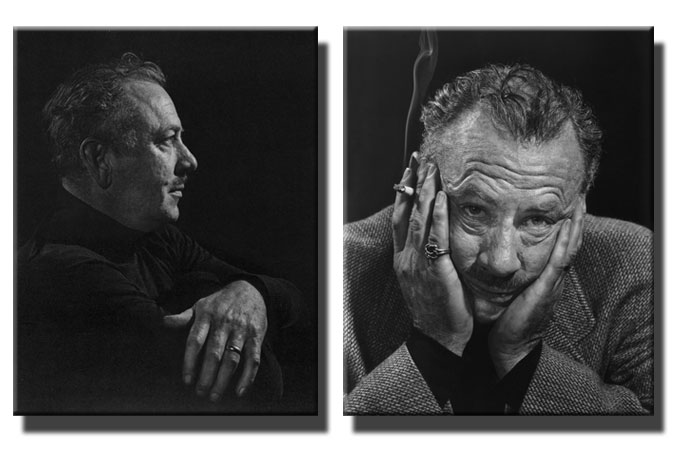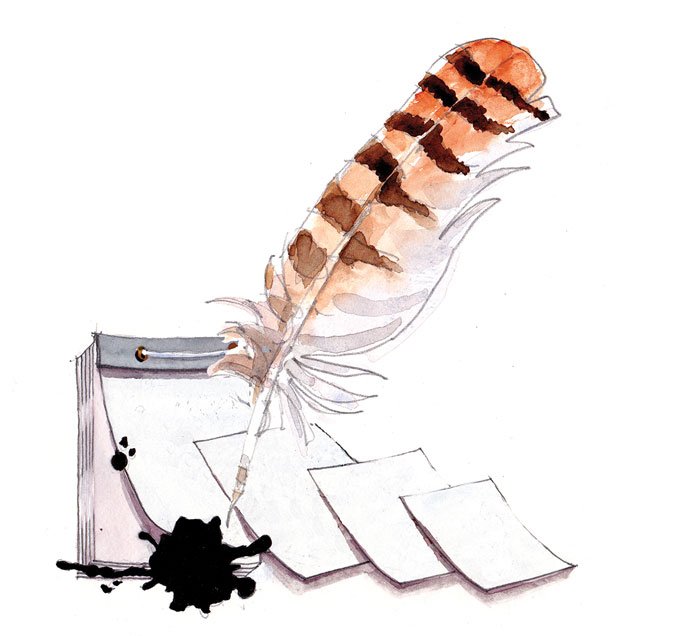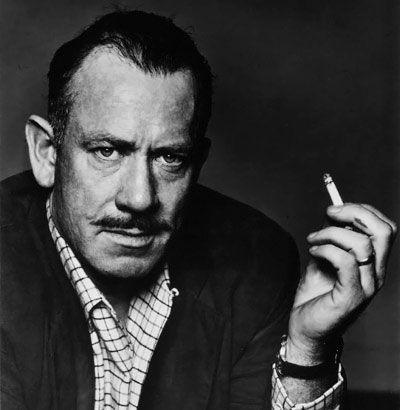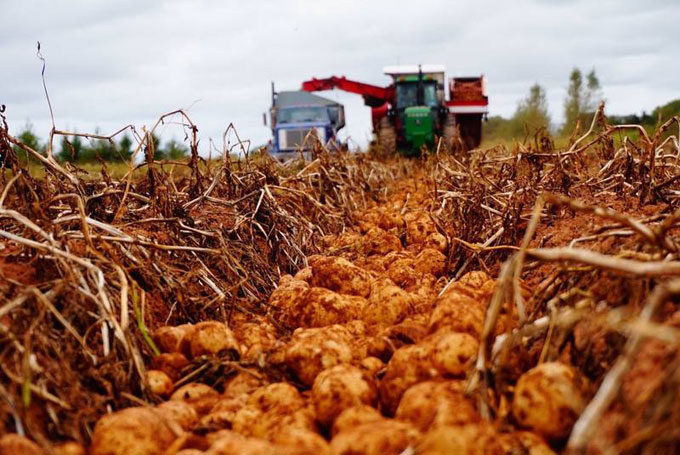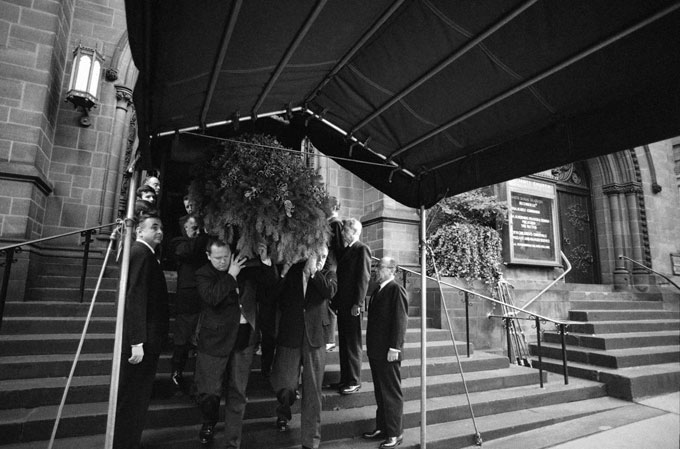According to Yousuf Karsh it was Art Buchwald who made the introduction that led to John Steinbeck’s June 15, 1954 sitting in Paris with the 40-something photographer from Ottawa. An amateur film maker who disliked having his photo taken but liked pictures and people with panache, Steinbeck warmed to Karsh, a Boston-trained Canadian immigrant whose black and white portraits of Winston Churchill and other public figures had already made him famous. Karsh’s European elegance and wit won over the author of East of Eden, distracted and depressed by events following the publication of the novel into which he’d folded the story of his mother’s family, the Scotch-Irish Hamilton clan. But it was his father’s family history that connected him to Karsh, an Armenian of Arab descent whose parents escaped Turkey through Syria during the 1914 Armenian genocide that signaled the final end of the Ottoman Empire. A half-century earlier, in the 1850s, Steinbeck’s Prussian-English grandparents made a similar escape following an attack on their missionary compound by Arab marauders in Ottoman-controlled Palestine. The ancestral sagas of both men included flight from the Holy Land, haven in New England, and secular self-reinvention against a background of 19th century marriage, migration, and religious mania. Recent detective work has unearthed new details about Steinbeck’s 19th century roots and 20th century connections, including the true story of his family’s religious conversion and the facts behind the fictions regarding his time at Stanford. Starting in 2019, these and other topics will be explored in a new series of essay posts at Steinbeck Now that put new light on John Steinbeck, like a portrait by Yousuf Karsh.
